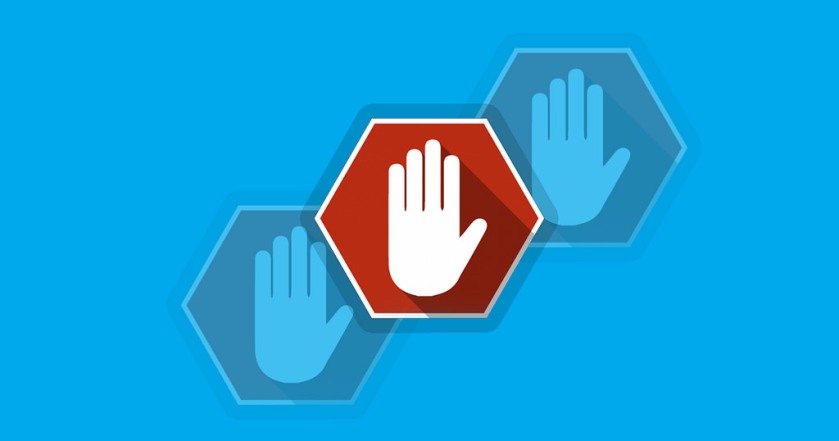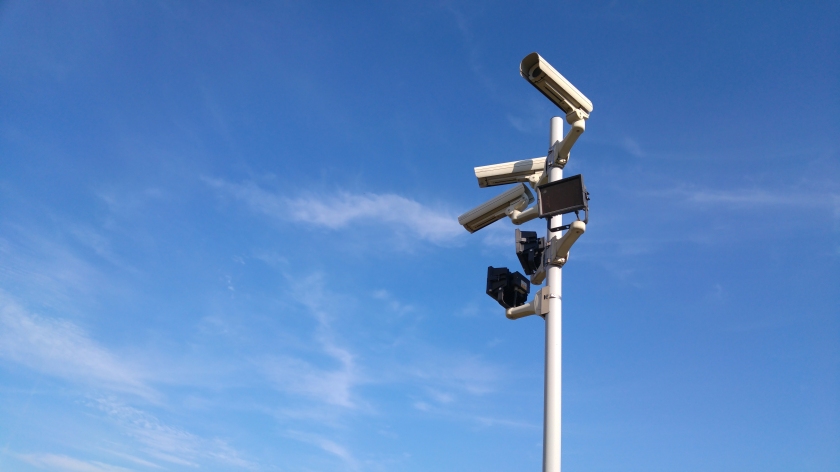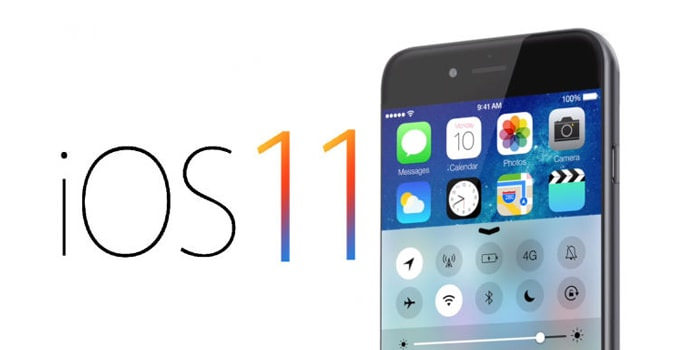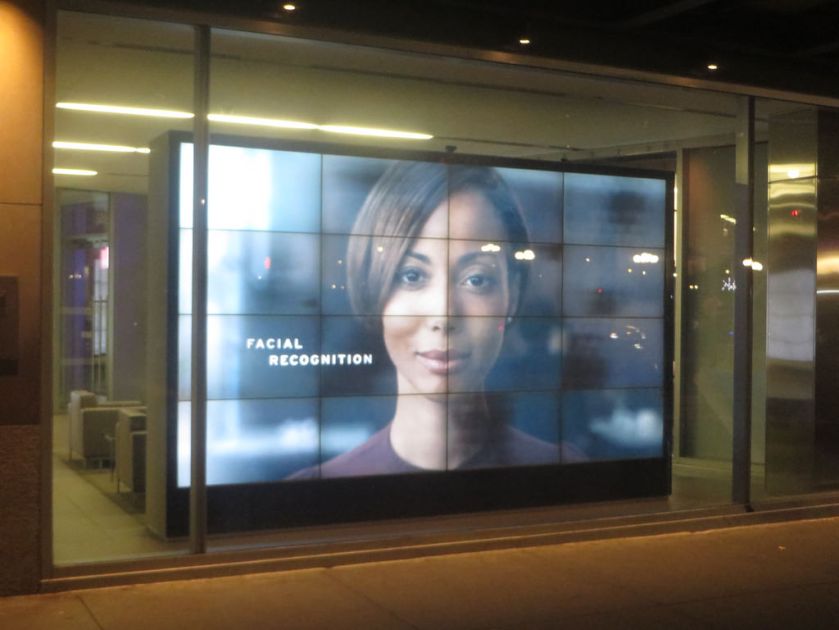
As users of the internet, we are bombarded by ads everywhere we go. Hence, the use of adblock or similar freeware to prevent annoying ads from popping up.
Do you use adblock or similar freewares?
This results in a large decrease in ad revenue for websites and reduces the effectiveness of advertising online (but we are not going to be talking about online advertising this week).

So there is a decrease in ad revenue; what are websites doing to get more revenue then?The answer is simple – hijack your visitors’ computers to help mine cryptocurrencies. Some website owners have turned to embedding certain javascript codes into their websites that enables the website to hijack visitors’ computers to mine for cryptocurrencies. This means that visitors of these sites will experience slow downs in their computers’ speed as well as increased electricity bills. There have been 2 websites that have been identified to contain such codes: Showtime and The Pirate Bay. Showtime has removed the code, whilst The Pirate Bay is claiming that the code is there to test if it would generate better revenue than ads.

Luckily for internet users, there are some methods to avoid or be notified of such activities. The following are some software that can help block or alert users of any CPU hijacking to farm cryptocurrencies:
- Cloudflare
- Some antivirus products
- Some Chrome extensions (e.g. AntiMiner and No Coin)
- Some ad-blocking programs
Dear readers, have you ever experienced sudden slowdowns in your computer’s speed (or sudden spikes in CPU usage)? What are your thoughts on replacing ads with cryptocurrency miners? If this becomes popular or legal in the future, how would this affect digital marketing?




